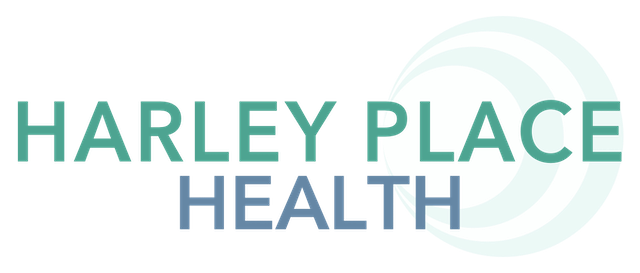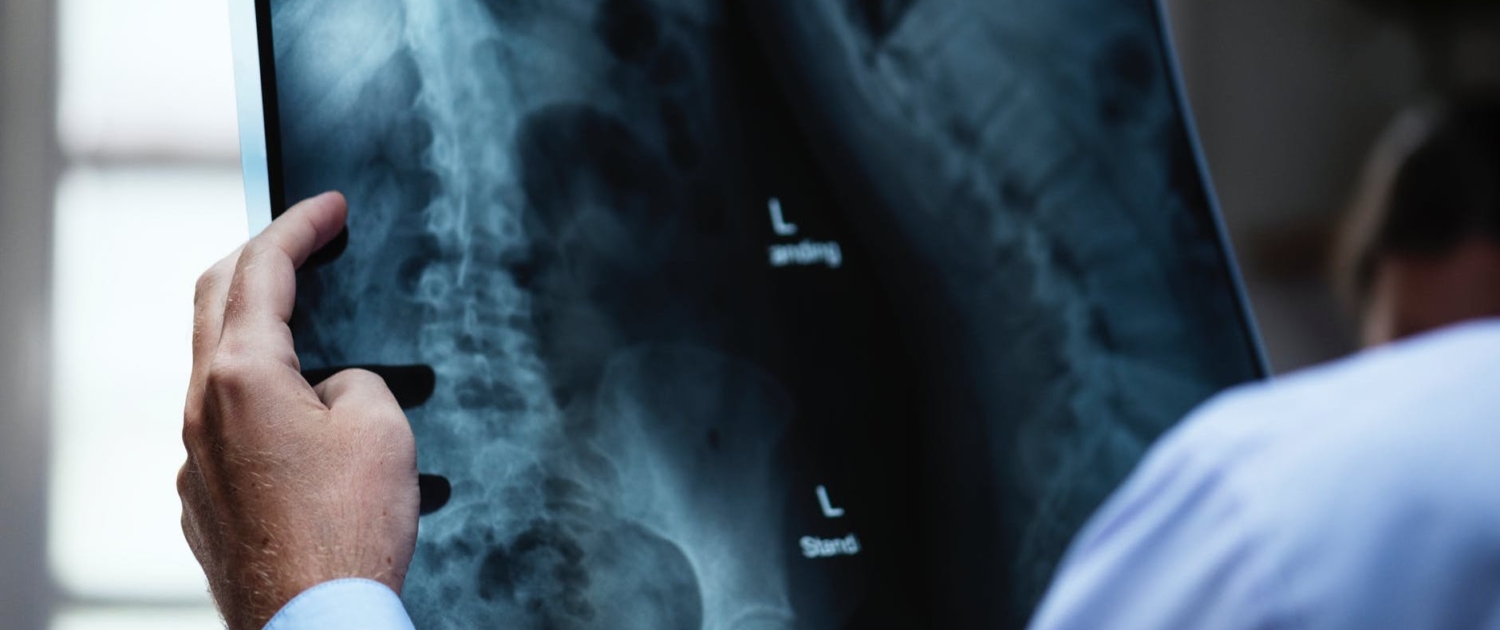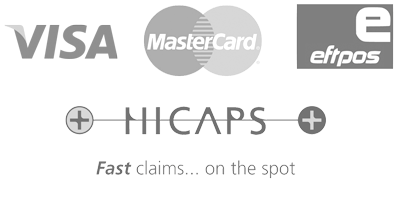About Osteopathy.
WHAT OSTEOPATHS DO.
Osteopathic medicine emphasises a holistic approach to healthcare alongside the skilled use of a range of manual and physical treatment interventions in the prevention and treatment of pain presentations. Osteopathic treatment of the neuromusculoskeletal system facilitates the recuperative powers of the body. It will help reduce your pain and improve your body’s function.
Osteopaths are government registered, university qualified allied health professionals. Rebates are available from most private health insurance funds with no referral. You must be referred by a GP or other doctor for Medicare (Chronic Disease Management) and Department of Veterans’ Affairs rebates. Osteopaths can refer patients to other allied health professionals, a GP, and for X-rays.
Osteopaths focus on your neuro-musculoskeletal system – the bones, muscles, nerves and other tissues that support your body and control its movements. They know how parts of your body should work together and the impact if they do not.
Osteopaths are trained to provide:
- Musculoskeletal and nervous system assessments – they use a range of tools to identify what might be happening in the body.
- Manual therapy –includes a range of ‘hands-on’ techniques that may give relief from musculoskeletal pain, discomfort and may help tissues in the body.
- Clinical exercise programs – activities and movement strategies for use at home, work or in other settings. Exercise may help you return to activities you enjoy, for example after an injury or surgery.
- Movement, postural, positioning advice and ergonomic assessments.
- Therapeutic needling techniques, like dry needling, trigger point therapy or acupuncture.
- Advice about your lifestyle, stress management, diet or other factors that may influence your pain, injury or movement.
WHAT OSTEOPATHS TREAT.
People attend an osteopath when they experience long term (chronic) and short term (acute) problems, like the examples below:
| neck or back pain | leg pain |
| postural issues | sciatica |
| weight bearing issues | balancing and walking issues |
| muscular sprains and strains | sports injuries |
| workplace injuries | hip, knee or foot pain |
| shoulder or elbow pain | arthritis |
| scoliosis | osteoporosis |
| tendon problems | headaches and migraines |
Each person, condition and injury is unique, so osteopathic treatments and interventions will vary from person to person.
Our Bondi Junction practice combines exercise prescription, movement and lifestyle advice, dry needing and hands-on treatment. Hands-on treatments can include massage, stretching, repetitive movements, mobilisation and/or manipulation.
If your injuries require hands-on treatment of painful and tender areas, your osteopath will inform you.
Your osteopath may also provide education and advice to help you manage your condition between appointments. This may include giving you exercises to do at home or at work.
